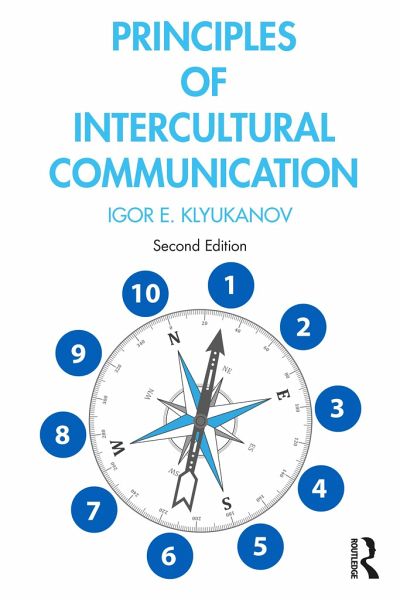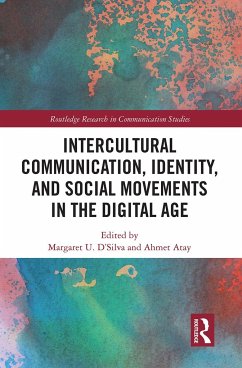Nicht lieferbar

Principles of Intercultural Communication
Versandkostenfrei!
Nicht lieferbar
Weitere Ausgaben:
Now in a second edition, this book guides students in developing Intercultural Communication Competence through its accessible style and unique theoretical framework of ten interconnected principles.Thoroughly revised and updated with new case studies and examples and a sharper focus on practical application, the book engages students in active learning by showing them how these principles come to play in their intercultural journeys. It features detailed case studies that are accompanied by guiding questions that help students link theory to their daily lives. At the end of each chapter, the ...
Now in a second edition, this book guides students in developing Intercultural Communication Competence through its accessible style and unique theoretical framework of ten interconnected principles.
Thoroughly revised and updated with new case studies and examples and a sharper focus on practical application, the book engages students in active learning by showing them how these principles come to play in their intercultural journeys. It features detailed case studies that are accompanied by guiding questions that help students link theory to their daily lives. At the end of each chapter, the "Side Trips" discussion prompts encourage students to think more critically about the issues as they are presented.
Suitable for upper-level or graduate intercultural communication courses within communication and linguistics departments.
Thoroughly revised and updated with new case studies and examples and a sharper focus on practical application, the book engages students in active learning by showing them how these principles come to play in their intercultural journeys. It features detailed case studies that are accompanied by guiding questions that help students link theory to their daily lives. At the end of each chapter, the "Side Trips" discussion prompts encourage students to think more critically about the issues as they are presented.
Suitable for upper-level or graduate intercultural communication courses within communication and linguistics departments.














